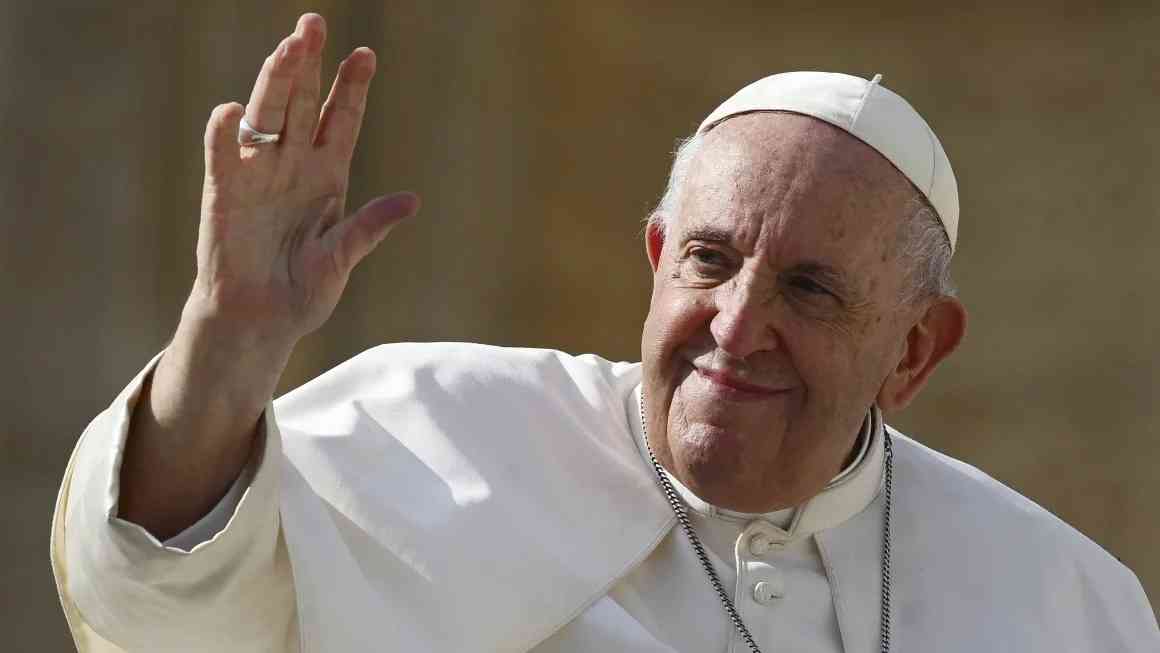
ON a thundery summer night in not so many moons ago, the pitch dark clouds unleashes an unusually protracted downpour delivering a devastating blow to the Weruweru kingdom in the southeastern regions of Gondwana land.
DEVELOP ME:TAPIWA GOMO
A surge of historical proportions had drowned the cities and towns of the kingdom leaving the opulent population counting its losses.
The major phenomenon that altered the social, political and economic terrain of the Weruweru kingdom was not just the trail of devastation of the thundery night, but King Weruweru died on the same night. As the sun peeped through the yet-cloudy eastern horizon, the land was both mourning and orphaned. In the absence of a succession plan the king’s eldest son Gwema took over the reins.
Gwema was not a crowd favourite. He was detested by the people of Weruweru. He compensated for his low esteem, lack of confidence, paranoia and limited intelligence by being aggressive, divisive and ruthless — notwithstanding his insatiable hunger for power and wealth.
In the absence of an account of how the king had died on that fateful day, rumours swirled that Gwema might have had something to do with his death to scamper the succession plan — assuming one existed.
Once he assumed power, he went around telling his young siblings and everyone in line to the throne how they hated each other. He sowed seeds of hate and spread rumours of assassination plots. What was once a united kingdom was dismantling; individualism, selfishness, paranoia and greed surreptitiously crept in dissipating nationhood.
As has become the norm in a state of crisis where leadership is vulnerable chaos can be profitable for those who are politically-well positioned and in this troubled realm sail three conspirators: a deranged and ruthless thug always wielding fear via a sword of death, a paranoid and a disintegrating coterie of heirs apparent whose chance to the throne is fast vanishing and a cast of a cabal on the cusp of prosperity from the fringes of the royal loot campaign.
- Chamisa under fire over US$120K donation
- Mavhunga puts DeMbare into Chibuku quarterfinals
- Pension funds bet on Cabora Bassa oilfields
- Councils defy govt fire tender directive
Keep Reading
It was one man for himself and the kingdom’s public utilities such as major water reservoirs, power supply, health and education centres, roads and other infrastructure were neglected, ruined and dilapidated. Those in power opted for private water and power sources and sending their families to other kingdoms for healthcare and education. Factionalism and politics of patronage were the order of the day.
More and more paranoia, swirling rumours of assassination and fear of coups sent those in the royal family in search for more wealth and power purportedly to protect and defend themselves and secure their children’s future.
A looting spree broke out unabated with most of it stashed in the neighbouring kingdoms whose economies grew massively dwarfing that of the Weruweru — a former foodbasket in Gondwana land. At the crux of the kingdom’s quagmire was no longer just a political problem, but selfishness, individualism and greed.
Where the people of the kingdom used to gather in song, dance to celebrate their opulence, there are now sombre odes, poems of destitution, poverty and death and desolate land with mouldering structures. The kingdom became a pale shadow of its historical self with its leadership concerned about its hold on power and crushing everyone perceived to be an enemy.
Peace and happiness vanished and the elders of the kingdom stifled as they too could not call the disintegrating royal leadership to order lest they are accused of being enemies. The people became disenchanted and weak, disoriented and vulnerable to the whims of power.
The lucky ones crossed the long, winding and wide rivers to seek opportunities as servants in neighbouring kingdoms. The Weruweru nation had plunged from being the most powerful and adored kingdom in the region to a laughing stock, thanks to Gwema’s leadership style. Leadership can make or break a kingdom.
Neighbouring kingdoms were becoming increasingly concerned about the spiking number of refugees from the Weruweru trooping into their land. The burden of looking after and accommodating refugees was beginning to weigh down on their budgets and causing economic, social and political challenges.
Paradoxically, they too chose to deal with the refugees instead of addressing the leadership of the Weruweru. The reason for this was very simple. The leadership of neighbouring kingdoms did not want to disrupt the inflow of free resources and wealth from the Weruweru leadership because of perceived interference in their internal affairs.
In addition, it was good for their kingdom’s growing economies and personal businesses. Why threaten a vital opportunity because of refugees?
The people of Weruweru were on their own, so were those who crossed the borders to become refugees. The affairs of the Weruweru kingdom were no longer the responsibility of its leadership. In fact, there was no leadership but looting.
Politics and power are like drugs. They blind the mind. Dribbling their own system with minor victories certainly provided some sense of heroism to Gwema and his cabal. But when all is said and done the question is who is really winning and who is losing. Who takes pride in small victories and assumes responsibility for the major losses? How is the external world viewing your adventures.
As the people of Weruweru ponders what hit them, the real question is what really went wrong? Was it the flooding of that thundery night that gutted their hopes? Or was it the untimely death of the king without a succession plan or the takeover by Gwema? Can we blame Gwema’s siblings and those in line for the throne for not prioritising the kingdom or blame the people for not fighting to protect the kingdom?
Can we blame the people and the elders for watching while the kingdom burns? What was supposed to be the role of the neighbouring kingdoms — preserving the opulence of Weruweru over theirs or to take advantage of its downfall to strengthen theirs?











